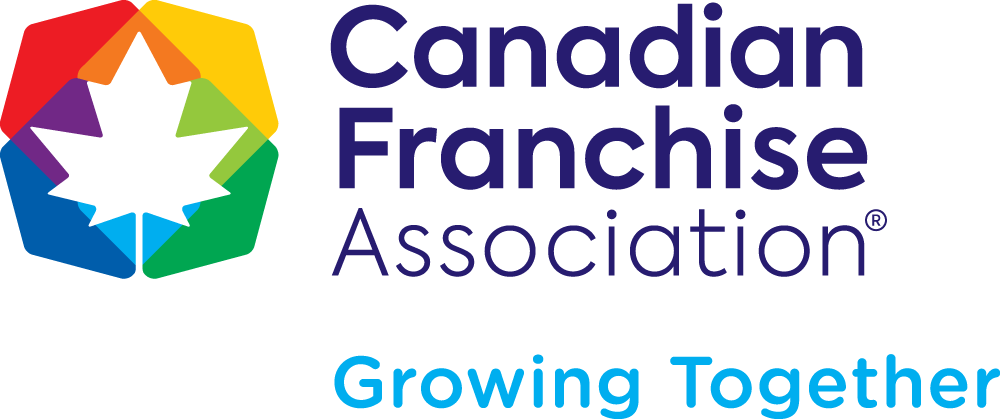The world of franchising has evolved tremendously since Shafik Mina took over leadership of Mad Science four years ago. These days, he applies the lessons he learned from providing legal expertise to the company, to Crayola Imagine Arts Academy, the second franchise brand under his company 2Inspire, which started franchising in 2019.
He now finds himself balancing running a start-up and an established brand. “One has a lot of resources; it can do whatever it needs, but it’s a behemoth. It’s hard to move, it’s hard to change, it’s living with the mistakes it made many years ago,” Mina said in a Franchise Your Business webinar in April 2024. But effective groundwork, such as investing in lawyers to create franchise disclosure documents, is paying off 30 years later. “They thought of things that we could have never imagined [thinking] of.”
On the other hand, the future is wide open for Crayola Imagine Arts Academy, built with years of experience behind it. As an emerging franchise, it still must prove itself in the market, even with the backing of a name like Crayola. “[We have] to sell franchises to be able to fund its operations. Its franchisees have to generate royalties so they can pay for the services that we as the franchisor can offer them.”
Mina shared four traits every franchise owner should have in place in their system before deciding to franchise their business.
A protected brand
Trademark protection should be the first step in the early stages of franchising because you will be sharing that intellectual property with incoming franchisees. When launching Crayola Imagine Arts Academy, Mina purchased a company that had a similar range of content to what he was looking to build in his system. Creating it internally would have taken years. “We decided to buy that company to use its content and build it up from there,” notes Mina. He also cautions that trademarking requires forethought. “You’re not [just] registering what the company is today, but the space you’d like it to occupy in the future as well.”
A profitable business model
“I think this is the most important thing.” Mina says he’s seen founders sell franchises without an established business model, which can cause the business to fall apart, as the model isn’t validated. “The theory is that you build something successful, and if [your franchisees] copy you, they’ll be able to also be successful.” Waiting until your corporate locations are thriving before setting up your franchise network will provide your franchise business and your franchisees with the solid footing needed for success.
Processes and procedures
Implementing standardized processes for franchisees can help protect your brand from location owners who may veer from the trodden path. “The better your processes are, the less challenges you’ll face and the less mistakes you’ll make,” notes Mina. “When there’s no processes in place, franchisees fill in the gap. And when they fill in the gap, they might not do it in the same way you would have done it.” If everybody’s doing something in a different way, it can be hard to manage, and eventually, you will find it difficult to rein everything back and scale. “It’s very hard to ensure quality control, and very hard to replicate. Process has another advantage: it allows you to prove your concept successful.”
A carefully selected team
Mina says that franchisors must surround themselves with the right people, from internal staff handling the operations of the franchise to the franchisees who deliver the brand promise to its customers. While there’s no easy way to tell whether a prospective franchisee will thrive within your system, there are different tools one can use to determine the right fit. Some franchisors use personality assessments or quizzes. “I’ve been in this [position] for over 15 years, and I’ve seen all kinds of candidates come it,” says Mina. “There’s no crystal ball.”
Although franchising has changed immensely during his time in the industry, it remains a business that grows through validation, according to Mina. He notes that prospective franchisees are aware that, as the founder, he is selling them an opportunity. By contrast, when prospective investors speak to franchisees who are already in the brand, that person can validate the franchisor’s perspective or provide different views on the system. With these structures in place, emerging franchisees will be well positioned to reach the level of success that the 2Inspire brands have.
Franchise Your Business seminars are for business owners looking to expand their businesses quickly, cost-effectively, and successfully through franchising. Produced by the Canadian Franchise Association (CFA), these seminars provide you with the information you need to franchise your business the right way. This is your one-stop-shop to learn directly from seasoned franchise pros in a range of fields! Watch the full on-demand video here or register for the next Franchise Your Business Seminar here.



